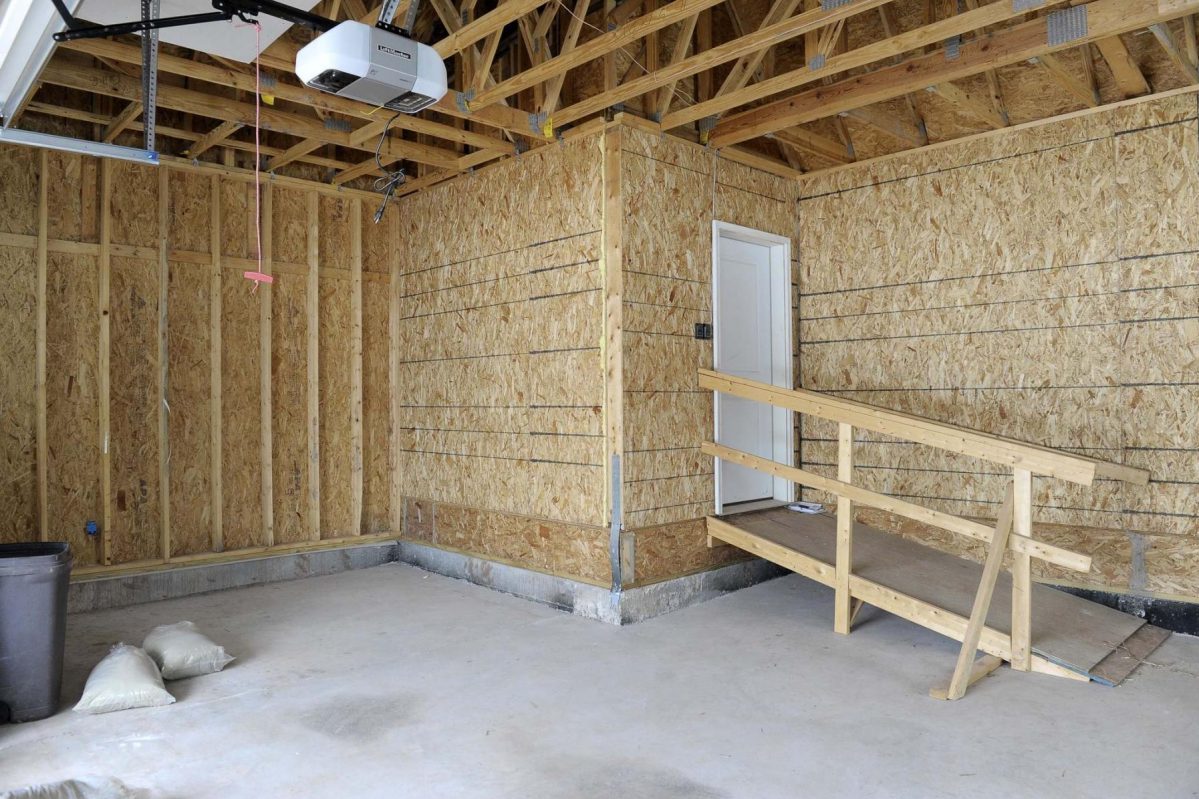If you intend to utilize your garage for entertainment reasons, you should consider insulating both the inside and external walls. Both can be insulated to accommodate for year-round temperature regulation.
However, garage insulation is not a project for inexperienced contractors for various reasons. For starters, unlike the rest of your house, a garage practically never has a good air shield.
Second, garages are often constructed or positioned on concrete slabs that are seldom insulated beneath. From here, the list can continue on and on.
The next question is whether you should insulate your garage wall or ceiling. This will depend on how you want to use the space. For example, if you intend to use the room primarily for the storeroom, insulating the exterior walls may not be necessary.
However, if you want to use the room for hobbies such as mechanic work, you should consider adding insulation to the outside, ceiling, and internal walls. The same is true if you have a built area over your garage.

If your garage is not underneath a built room but borders a home’s exterior instead, the same precautions should be taken. The garage door is, without a doubt, the direct access to your garage. The good news is that insulating your garage door is simple and has no negative cosmetic consequences.
Like everything else, there are certain drawbacks to insulating your garage door. Difficulties with garage door insulation can arise as the boards put on the garage door wear out over time.
As the door is opened and closed frequently, the foam is exposed to conditions that the insulation in the rest of the building is not. Insulation can sometimes make your garage door bulkier, contributing to its wear and tear.
Garage door insulation may well have a significant influence. For example, on days when the weather outside is 10 degrees, you may raise the temperature inside your garage by 20 degrees.
Furthermore, insulate your garage door to safeguard your vehicle from frigid temperatures. Insulating your garage may help keep your automobile safe from problems like unreliable spark plugs, thicker fluids, and reduced battery life.
